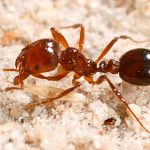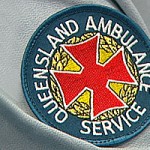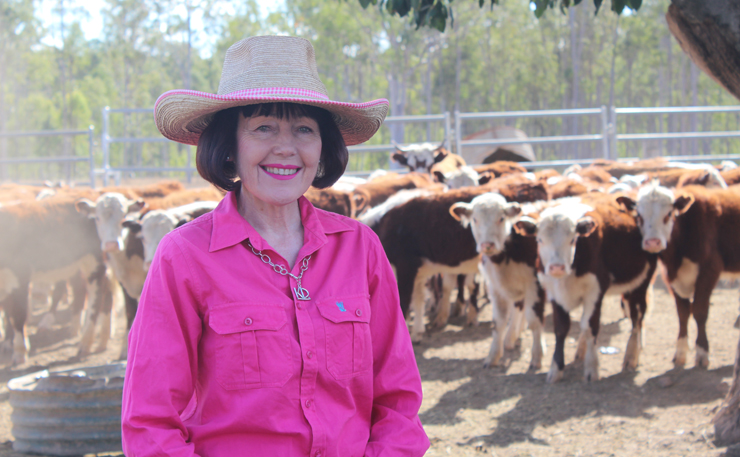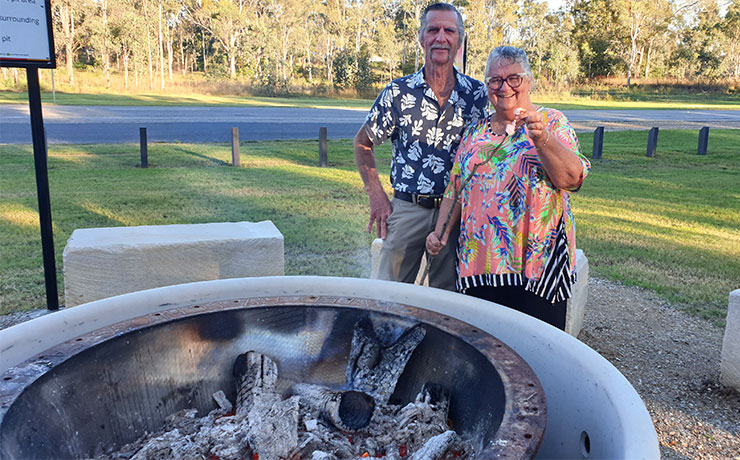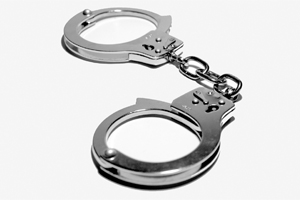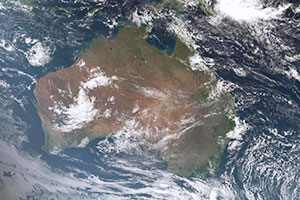July 25, 2015
A horse has died in North Queensland from Hendra virus, the first case detected in the State so far this year.
Queensland Chief Veterinary Officer Dr Allison Crook said a property on the Atherton Tablelands had been quarantined after a horse died of the virus earlier this week.
“There are a number of other horses on the property and we’ll be monitoring them over the coming weeks. Biosecurity staff will also be conducting tracing to confirm whether this horse had any contact with other horses in the area.
“While the property is under quarantine, there are restrictions on the movement of horses and materials on and off the property.”
Dr Crook said Hendra virus infection could occur throughout the year, so it was important that horse owners took steps to protect themselves and their animals at all times.
“Vaccination is the best defence against Hendra virus infection and horse owners should discuss their options with their veterinarian,” she said.
“If a horse becomes sick, owners should contact their veterinarian immediately. People in contact with horses need to remember to continue to practice good biosecurity and personal hygiene measures even if a horse is vaccinated against Hendra virus.”
NB. The RNA requires all exhibitors transporting horses to the Brisbane Ekka to demonstrate proof of Hendra virus vaccination.
* * *
Reducing The Risk
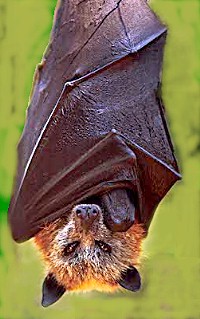
Biosecurity Queensland says there are a number of measures horse owners can take to reduce the risk horses becoming infected with Hendra virus.
As well as vaccination:
- Horse feed and water containers should be removed from under trees. If possible, place feed and water containers under a shelter.
- Owners should inspect and identify flowering/fruiting trees on their property. Horses should be removed from paddocks where flowering/fruiting trees are attracting flying foxes. Horses should be returned only after the trees have stopped flowering/fruiting and the flying foxes have gone.
- If horses cannot be removed from the paddock, consider fencing (temporary or permanent) to restrict access to flowering/ fruiting trees. Clean up any fruit debris underneath the trees before returning horses.
- If it is not possible to remove horses from paddocks, try to temporarily remove horses during times of peak flying fox activity (usually at dusk and during the night).
- Ensure that sick horses are isolated from other horses, people and animals until a veterinarian’s opinion is obtained.
- If there is more than one horse on your property, handle unaffected horses first and then only handle sick horses after taking appropriate precautions.
- Make sure gear exposed to any body fluids from horses is cleaned and disinfected before it is used on another horse. This includes halters, lead ropes and twitches. Talk to your veterinarian about which cleaning agents and disinfectants to use.
- When cleaning contaminated equipment from a sick horse, wear gloves, cover any cuts or grazes and wash your hands thoroughly afterwards.
- It is essential that horse owners practise good biosecurity and not travel with, work on or take sick horses to other properties or equestrian events.
- Do not allow visiting horse practitioners (eg. farriers) to work on sick horses.
- Seek veterinary advice before bringing any sick horse onto your property.








